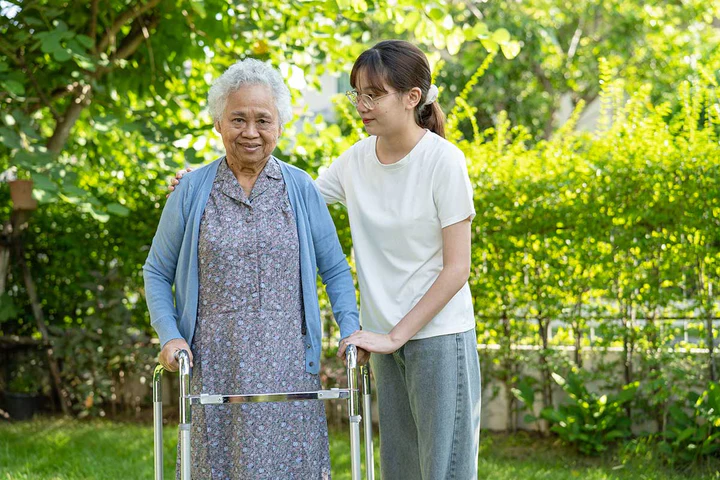Dealing with a parent who has Alzheimer’s can be challenging, especially when they refuse to stay seated and are at risk of falling. It’s important to take proactive steps to ensure their safety and well-being. Here are some expert tips on what you can do:
1. Assess the Environment
Start by evaluating the surroundings to identify potential hazards that could contribute to falls. Remove any obstacles or clutter that could trip your parent. Make sure the furniture is stable and easy to navigate around.
2. Encourage Movement
While it’s important to prevent falls, it’s also crucial to encourage your parent to stay active. Gentle exercises and regular movement can help improve balance and strength, reducing the risk of falls.
3. Use Assistive Devices
Consider using assistive devices such as grab bars, handrails, or a walker to provide support and stability for your parent. These tools can help them move around safely and independently.
4. Supervise Carefully
Keep a close eye on your parent, especially when they are moving around. Offer assistance when needed and be ready to intervene if they show signs of losing balance or falling.
5. Consult a Healthcare Professional
If your parent’s tendency to fall persists, it’s essential to seek advice from a healthcare professional. They can assess the situation, provide recommendations, and offer guidance on how to manage the risk of falls effectively.
By taking these proactive steps and staying vigilant, you can help reduce the risk of falls for your elderly parent with Alzheimer’s. Remember, safety should always be the top priority when caring for a loved one with cognitive impairment.








